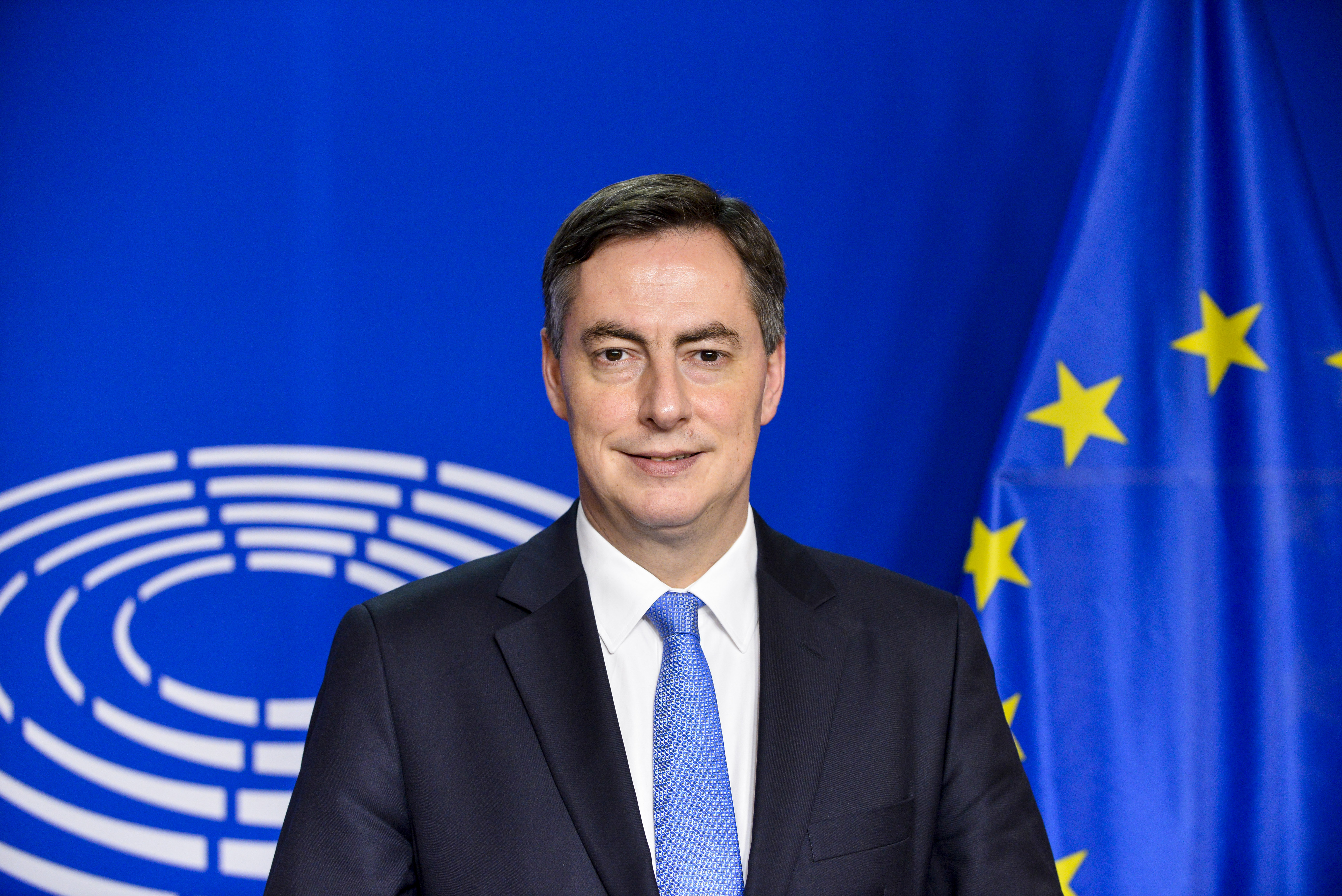Serbia has undertaken important economic reforms. Nevertheless, in some policy areas such as the reform of the judiciary, the fight against corruption and the guarantee of media freedom are among the most important tasks ahead

David McAllister made his first visit to Serbia in late August following his appointment as the Chairman of the European Parliament’s Foreign Policy Committee. He last visited Belgrade at the end of February, in his position of the rapporteur of the European Parliament for Serbia. As a person who is very knowledgeable of the situation in our country, Mr McAllister came to Serbia at a crucial moment when the opposition is weighing whether boycott the elections or not, and when the authorities and the opposition have finally engaged in dialogue. Brussels is not keen to see election boycott in Serbia, since the question is whether, in this case, the future government would have the legitimacy to deal with important issues; first and foremost with the negotiations with Pristina. Mr McAllister also said that a possible boycott of the upcoming elections in Serbia would not contribute to the strengthening of democratic institutions. The European Parliament is closely following the roundtable discussions between the authorities and the opposition at Belgrade’s Faculty of Political Science and is ready to help with the two sides finding a common language, Mr McAllister added.During his two-day visit, he talked to all key political and social stakeholders in Serbia. In addition to the Serbian President, Aleksandar Vučić and the EU Integration Minister, Jadranka Joksimović, Mr McAllister met with the ruling majority as well as the opposition, announcing that Eduard Kukan and Knut Fleckenstein would come to Serbia to talk to all parliamentary groups and see how the European Union can help improve the Parliament’s work. Continuation of reforms and Serbia’s progress were the main topics of conversation with the Serbian President, Aleksandar Vučić. Mr McAllister also said that he had come to Serbia “to listen to others,” that he would inform Brussels about everything he had heard and that there would be more visits to Belgrade soon. “One country, one nation, one parliament, but very, very different views of individual members of parliament. The diversity in attitudes I have seen is really big,” concluded David McAllister after the visit.In an exclusive interview for the September issue of Diplomacy & Commerce magazine, Mr McAllis-ter talks about his impressions of his two-day visit to Serbia.
Are you satisfied with the outcome of your visit to Serbia? What was the reason for your visit?
— I had the opportunity to discuss with government and parliamentarians from different political parties as well as with civil society the latest developments in Serbia. Serbia is working on its path to-wards the European Union. The European Parliament will continue to support the country’s efforts to join the EU.What is the biggest problem identified in talks with the state authorities and the opposition?— Serbia has undertaken important economic reforms. Nevertheless, in some policy areas such as the reform of the judiciary, the fight against corruption and the guarantee of media freedom are among the most important tasks ahead.
Do you follow the dialogue between the authorities and the opposition organized by the Open Society Foundation and the Faculty of Political Sciences in Belgrade? What is your position on this and a possible election boycott?
— I welcome that members of the ruling coalition and members of the opposition are engaged in a dialogue organised by the Open Society Foundation, in cooperation with the Belgrade Faculty of Political Science. I had a very interesting briefing by Miodrag Milosavljević (from the Open Soci-ety Foundation) about the state of play of the roundtable.
The leader of the Free Citizens Movement, Sergej Trifunović, sent you a letter. What kind of answer will you send back?
— I read Mr Trifunović’s letter with interest. The European Parliament is ready to engage in establishing a process of inter-party dialogue with the parties in the National Assembly. The EU can support and mediate between the parties, but a sustainable solution can only be found in Serbia itself.
In its previous report, the European Commission expressed its concern about the work done by parliaments in Serbia, freedom of speech and the fight against organized crime and corruption. Has anything improved?
— The European Commission`s report on Serbia was only presented at the end of May. The European Parliament will now determine the stand-ing rapporteurs for the Western Bal-kan countries to continue to monitor each country’s progress on its path towards the EU. As regards Serbia, it is a step forward that the members of the coalition and the opposition have started a dialogue on how to improve parliamentary work.
You talked with the Serbian President about the dialogue between Belgrade and Priština, which came to a standstill in November last year when the Kosovo government introduced a 100% tax on goods from Serbia and Bosnia and Herzegovina. What has the EU done in this regard? Is it going to intervene?
— The EU institutions, the Member States and the United States have repeatedly called on the government in Pristina to suspend the tariffs to allow a swift resumption of the Dialogue. We will continue to do so.
Do you expect Serbia to open new chapters by the end of the year?
— I certainly hope that the Mem-ber States will decide to open additional chapters in December. Serbia should now focus on the work on the ground and on implementing already adopted reforms.